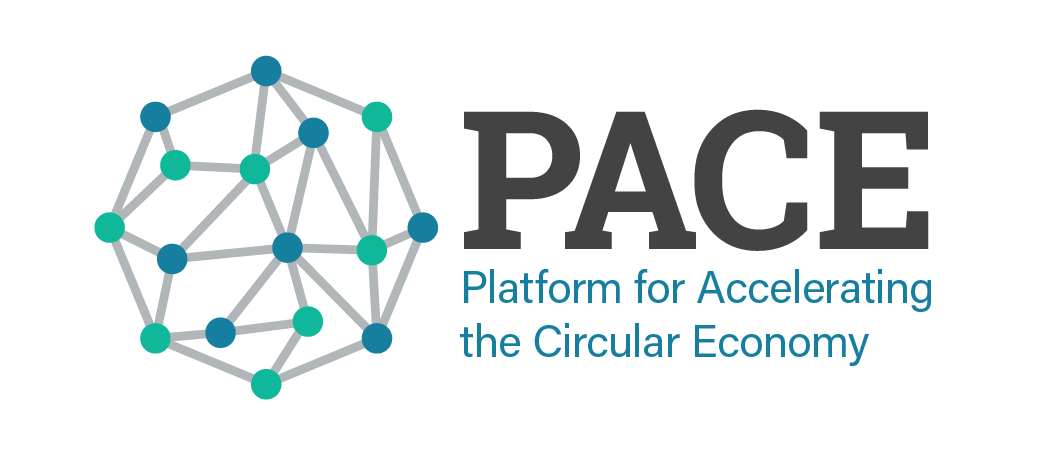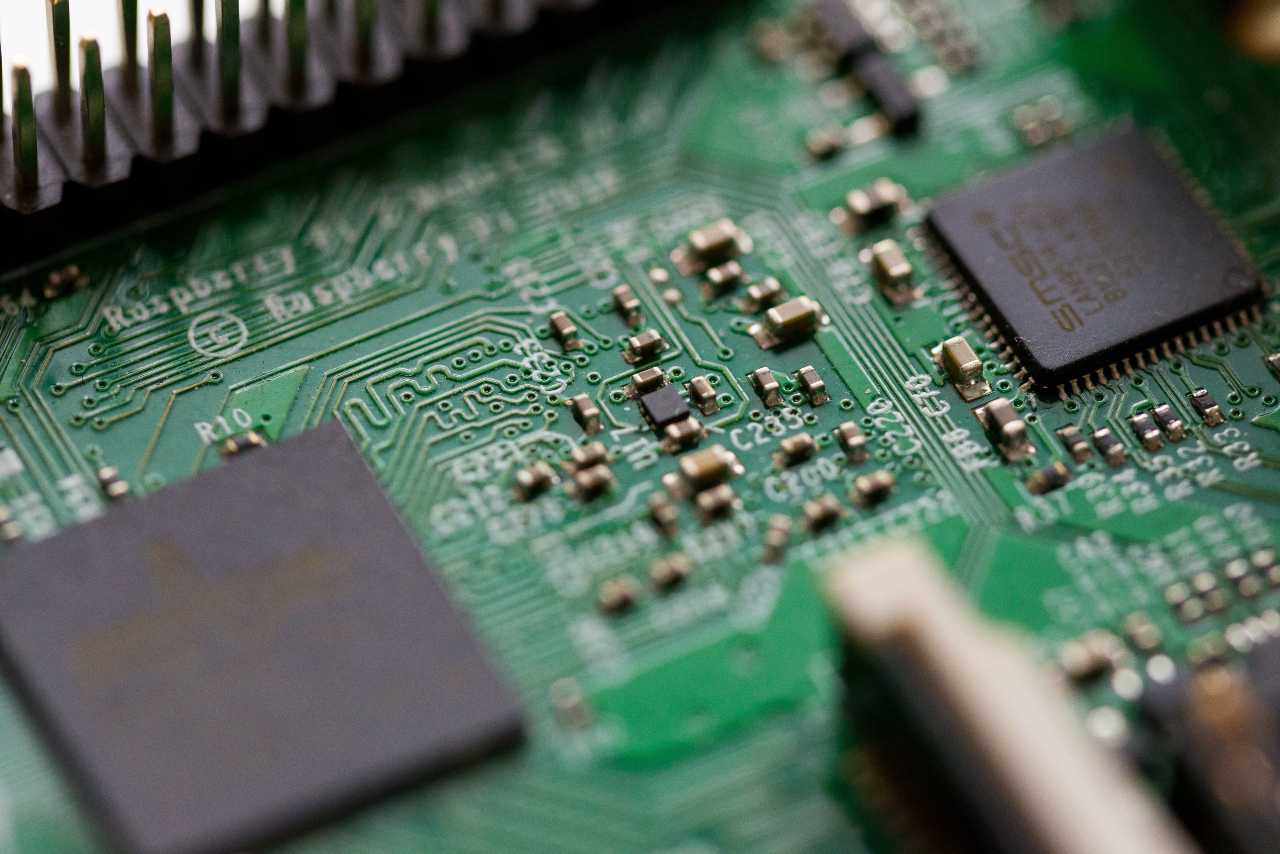Circular Economy Approaches for Electronics in Nigeria
This Action aligns with the following Calls to Action from the Circular Economy Action Agenda for Electronics:
6. Set Up Effective Collection Systems
10. Integrate and Advance Decent Work in the Transition to a Circular Economy for Electronics
Long term ambition
Create one model for a circular electronics system to be applied in Nigeria and replicated across other countries in Africa.
Context
-
In 2018, 50 million metric tonnes of e-waste was generated and
-
E-waste is one of the fastest-growing waste streams globally
-
Only 20% of e-waste is recycled through appropriate channels
-
E-waste contains high-value materials, with an estimated value of $55 billion
-
Informal e-waste processing poses significant health and environmental hazards
Objectives
-
To stimulate the development of a sustainable and circular management system of electronics products in Nigeria
-
Develop a model for scaling to other African countries
Project description
This project aims to advance a systemic change in the way the value of electronics is captured in Africa. By convening public and private partners, it supports: (1) the recovery of valuable materials contained in electronics at the end of their use for their reuse in local production processes: (2) the safe handling of the hazardous components included in electronics waste; and (3) strengthen the enabling conditions for a self-sustaining system of extended producers responsibility legislation for the electronics sector in Nigeria.
Partners
UNEP (leading partner), National Environmental Standards and Regulations Enforcement Agency of Nigeria (NESREA), E-Waste Producer Responsibility Organisation Nigeria (EPRON), Hinckley, UNU, GEF, with support from Philips, Dell, Hewlett Packard, Microsoft, World Economic Forum.

